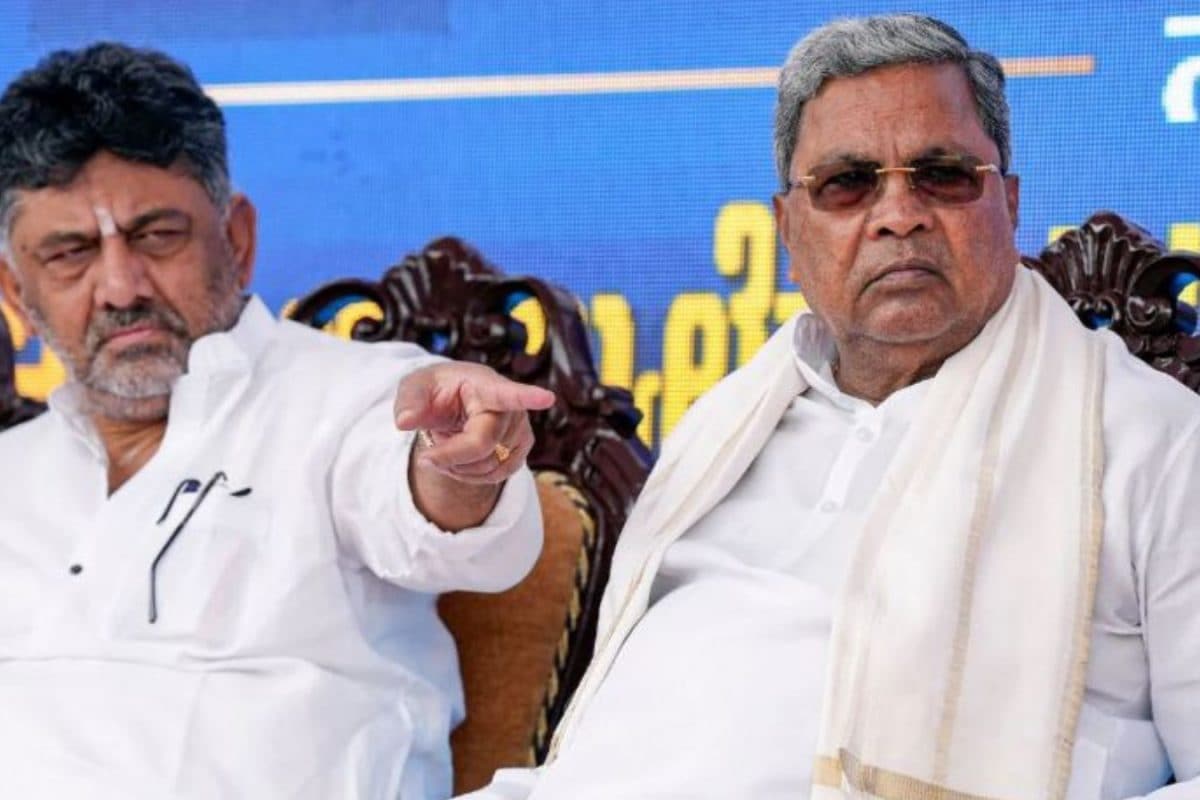

The ongoing power dynamics between Karnataka Chief Minister Siddaramaiah and his Deputy, DK Shivakumar, continue to be a subject of intense speculation within the Congress party and the state's political circles. Despite both leaders publiclyExpressing unity and dismissing rumors of discord, the question of who will ultimately hold the reins of power remains a persistent undercurrent. Rahul Gandhi's recent decision to avoid meeting with either leader has only added fuel to the fire, leaving the situation in a state of suspended animation.
The Congress high command appears to be deliberately distancing itself from the situation, recognizing that any direct intervention could exacerbate tensions and trigger further instability within the party ranks. By not granting appointments to either Siddaramaiah or Shivakumar during their recent visits to Delhi, Rahul Gandhi has effectively placed the power tussle on a 'waiting list'. This hands-off approach suggests a strategy of allowing the situation to play out organically, perhaps with the hope that a natural resolution will emerge over time.
However, the question remains: how long can this delicate balancing act continue?. Siddaramaiah has asserted his intention to complete his full five-year term as Chief Minister, a statement that has been interpreted as a direct challenge to Shivakumar's ambitions. Shivakumar, while publicly denying any immediate plans to replace Siddaramaiah, has also been actively meeting with party leaders, including Priyanka Gandhi Vadra, fueling speculation about his long-term goals.
The situation is further complicated by the fact that many Congress MLAs are reportedly growing restive, with concerns about development work delays, corruption allegations, and ministers' accessibility. These concerns were recently voiced during one-on-one meetings with Randeep Singh Surjewala, the AICC General Secretary in charge of Karnataka, indicating a level of discontent within the party that could potentially destabilize the government.
The BJP, ever watchful for opportunities to exploit divisions within the ruling Congress, has already begun to seize on the perceived power struggle. BJP leaders have openly predicted Siddaramaiah's exit, further amplifying the sense of uncertainty surrounding the Chief Minister's position.
Despite the undercurrents of tension, both Siddaramaiah and Shivakumar have made efforts to project an image of unity. They have been seen together at public events, and Siddaramaiah has publicly stated that he shares a good relationship with Shivakumar. However, these displays of camaraderie may be more about managing public perception than reflecting the true state of affairs within the party.
The coming months will be crucial in determining the future leadership of Karnataka. As Siddaramaiah's tenure approaches its halfway mark, the pressure on the Congress high command to address the power-sharing issue will likely intensify. Whether Rahul Gandhi and the party leadership will continue to remain on the sidelines or intervene to broker a solution remains to be seen. For now, the Siddaramaiah-Shivakumar power tussle remains on the 'waiting list', with its ultimate resolution still shrouded in uncertainty. The stability of the Karnataka government, and the future of the Congress party in the state, hang in the balance.